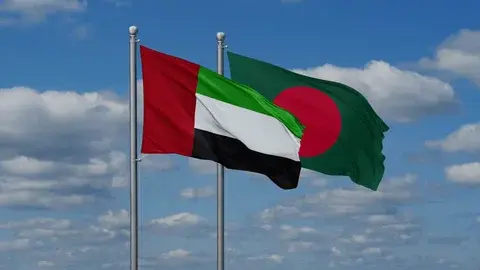Bangladesh’s economic engagement with Japan will continue to grow in the coming days despite political change in Bangladesh. Outgoing Japanese Ambassador to Bangladesh Iwama Kiminori expressed this view while talking to the press during a media briefing at the Japanese Embassy Sunday evening.
Former Prime Minister of Bangladesh Sheikh Hasina quit the power on August 5, 2024 through a revolution, engineered by general students and common man
Referring his meeting with interim government Chief Adviser Dr Muhammad Yunus at State Guesthouse Jamuna in Dhaka on August 21, 2024, Japanese Ambassador to Bangladesh Iwama Kiminori Ambassador Iwama conveyed Japan’s intention to continue supporting Bangladesh's development and prosperity under the “Strategic Partnership” enshrined between the two countries, while standing by the interim government headed by Prof Yunus.
Interim government Chief Adviser Prof Muhammad Yunus sought Japan’s financial assistance to reconstruct and rebuild the country from its “broken” condition.
Chief Adviser Prof Yunus expressed his gratitude for Japan’s continuous support and expressed his desire to bring Japan-Bangladesh relations to their ‘peak’. Both sides concurred that they would closely work together to make it happen.
Ambassador Iwama congratulated Prof Yunus’ assumption as the Chief Advisor, paying tribute to his taking charge of crucial tasks of rebuilding the country at its most difficult time.
The envoy stressed the importance of establishing peace and stability in the country and the region including sustainable response to Rohingya refugees, advancing economic and business cooperation, and boosting people-to -people exchange.
Earlier, Japan strongly hoped that through a peaceful and democratic political transition, Bangladesh will keep advancing on a path towards stable development.
Since independence, Japan has committed to provide ODA support of more than US$ 30.32 billion as project aid, food aid and commodity aid.
Japanese ambassador to Bangladesh Iwama Kiminori today reiterated Japan’s unwavering commitment to its friendship with Bangladesh, emphasizing that Tokyo’s stance remains unchanged during the country’s interim government.
“We’ve discussed how we can respond to the needs and requests of the new Bangladesh government,” the ambassador told reporters during a media briefing at the Japanese Embassy Sunday evening.
The briefing was organized to share updates on excavation efforts to recover the remains of former Japanese soldiers buried in the Mainamati War Cemetery between November 13 and 22.
Ambassador Kiminori underscored Japan’s long-standing partnership with Bangladesh, highlighting its consistent efforts to support Dhaka’s economic development over the years.
Bangladesh’s economy has been shattered by the rampant corruption and plundering of the state wealth by the Bangladesh’s Awami League leaders and some business tycoons during the tenure of 2009-2024..
Meanwhile, the International Monetary Fund (IMF) has forecast a 4.5-percent growth for Bangladesh's gross domestic product (GDP) in the current fiscal year, down from 6.6 percent forecast earlier.
The projection of the global lender came in its latest edition of the flagship World Economic Outlook. This is the lowest since fiscal 2019-20 (July 2019-June 2020) when the global coronavirus pandemic hit.
The Washington-based lender said this major reduction in growth comes after significant uncertainties around the political and economic outlook following the July-August political turmoil.
The World Bank in a report released earlier this month has forecast a 4 percent growth for Bangladesh's GDP in the current fiscal year, down from the 5.2 percent forecast earlier.
Last month, the Asian Development Bank also trimmed its growth outlook for Bangladesh, forecasting the economy to expand by 5.1 percent in the current fiscal 2024-25, down from its April projection of 6.6 percent
“Japan has been providing significant assistance to Bangladesh regardless of political changes,” he noted.
“There are many challenges ahead, but we have been working together for over 50 years, and we will continue to do so,” the envoy said, reaffirming Japan’s dedication to its bilateral relationship.
Japan is Bangladesh's 12th largest trading partner in exports and seventh-largest in imports. It is the lone country in Asia where Bangladesh's exports crossed the $1-billion mark nearly a decade ago on the back of the duty benefit.
The export of merchandise, especially garment items, to the Far East nation stood at $1.90 billion in the last fiscal year of 2022-23 while imports amounted to $2.02 billion, data from the commerce ministry showed.
About 85 percent of the local and Japanese companies with operations in both nations want their governments to sign an FTA, according to a survey of the Japan Bangladesh Chamber of Commerce and Industry in 2021.
About 15 years ago, textile and logistics industries from Japan began to expand their footprint in Bangladesh thanks to its abundant and inexpensive labour force.
In recent years, firms such as motorcycle manufacturers, major telecommunication companies and IT companies have invested in the country to tap the business potential in the fast-growing consumer market of 17 crore, the joint study group report said.
The number of Japanese companies operating in Bangladesh has tripled over the past decade to nearly 350. The stock of foreign direct investments from the country was $533.66 million in December 2023.
More investments are expected through the Bangladesh Special Economic Zone, which partially opened in December 2022. Located in Narayanganj, it is the first zone developed by a Japanese company in partnership with the Bangladesh Economic Zones Authority.
During the excavation, a team from Japan’s Ministry of Health, Labour and Welfare, along with the Japan Association for Recovery and Repatriation of War Casualties (JARREC), retrieved remains believed to belong to 23 former Japanese soldiers.
The team plans to take the remains back to Japan for DNA testing to confirm their identities.
Once verified, the team will return to Bangladesh to recover the rest of the remains of the identified soldiers.

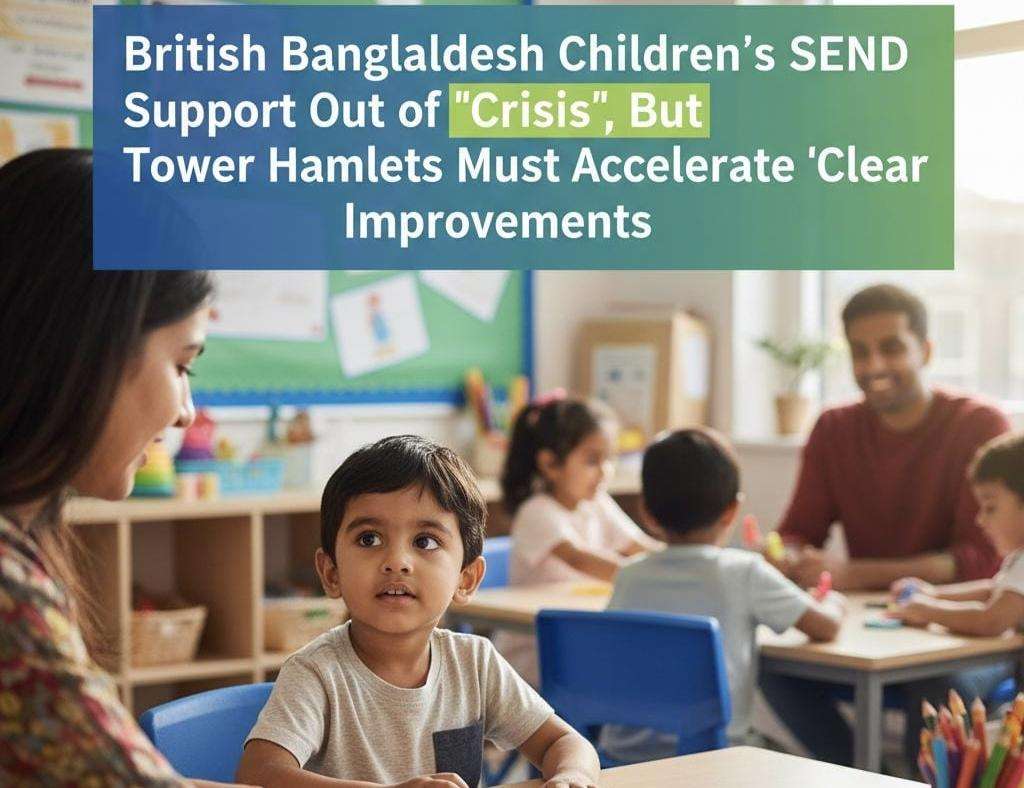
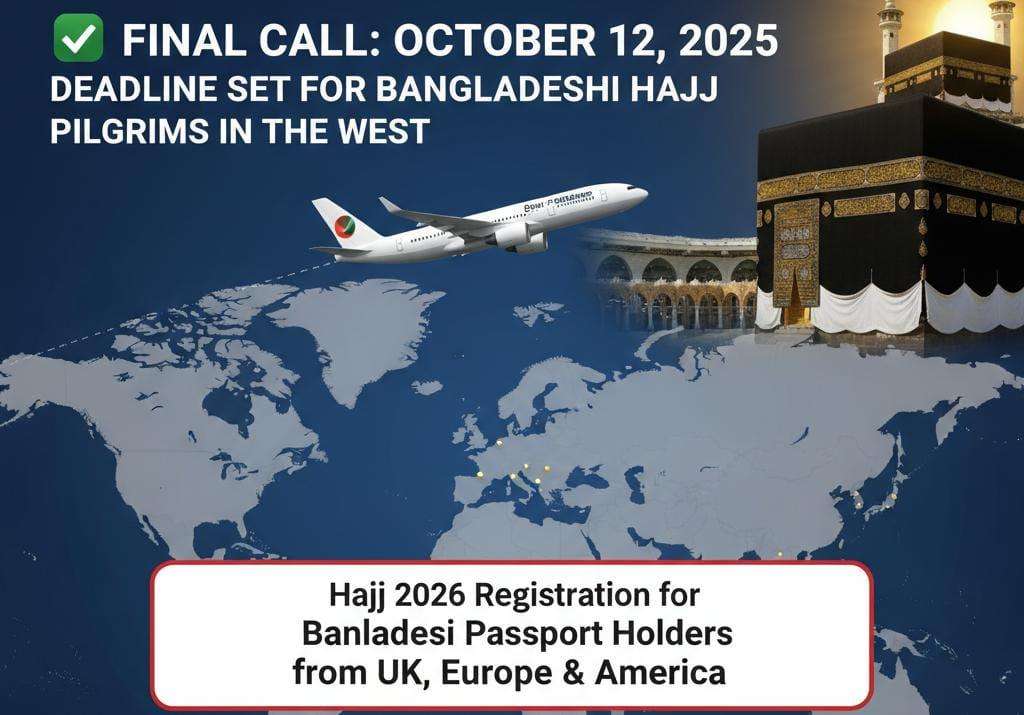
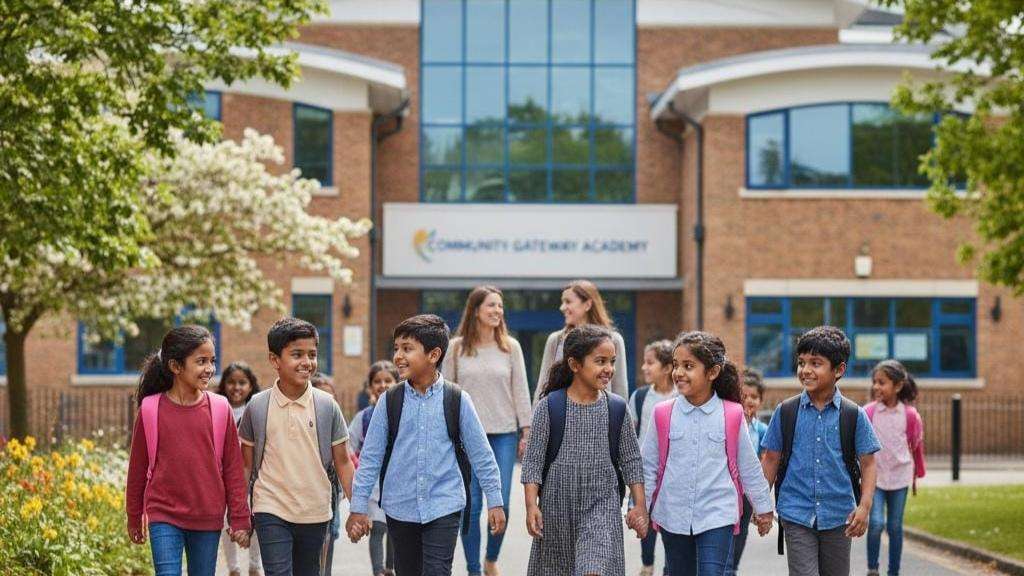



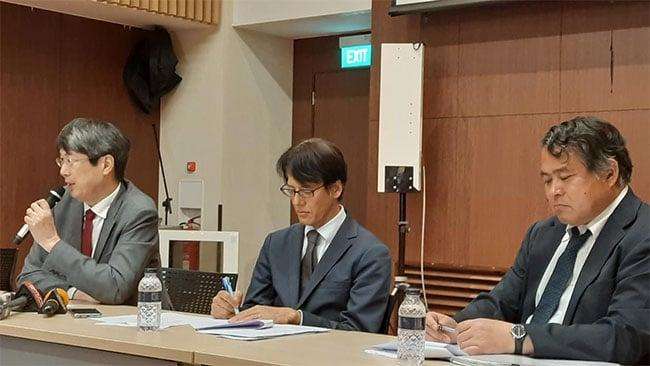
.svg)

